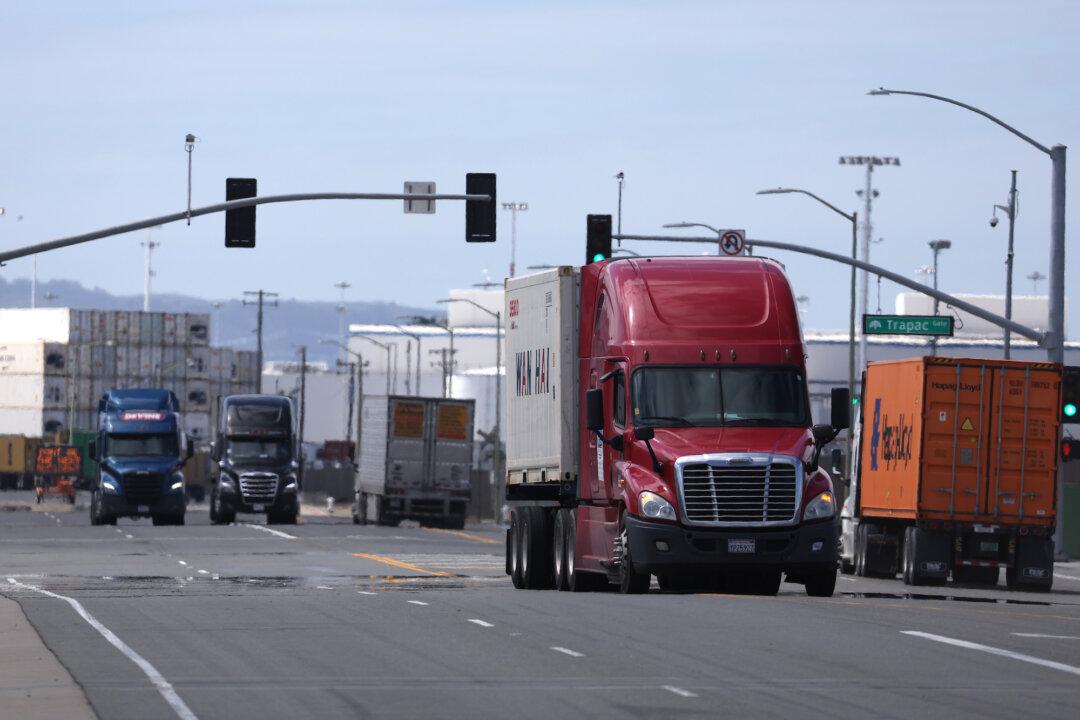As expected, President Joe Biden has vetoed a Republican-backed resolution that disapproves the federal government’s latest attempt to tighten air pollution standards for heavy-duty trucks.
Biden announced his veto on Wednesday, accusing Republicans of trying to set back his efforts to improve the country’s air quality.





